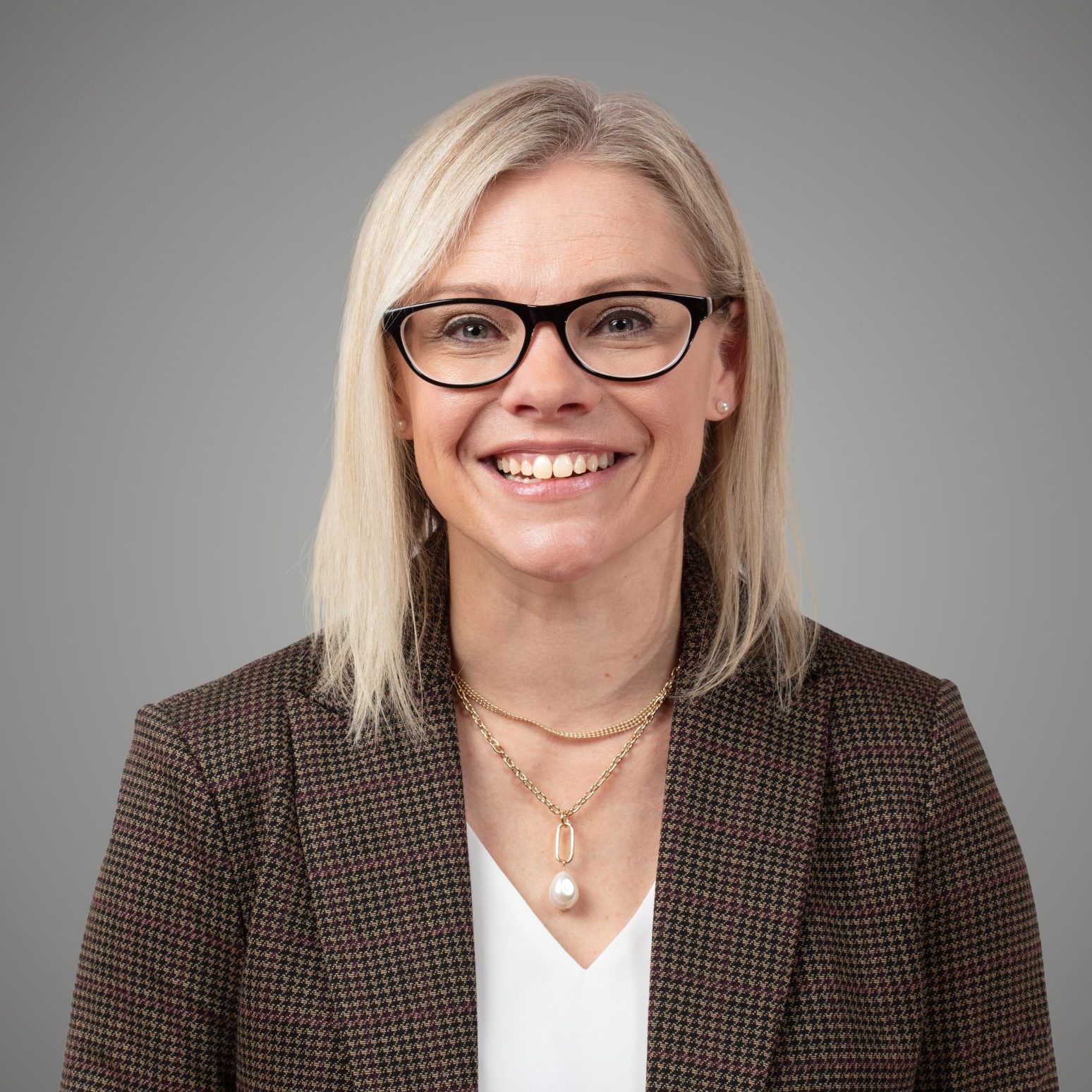Take 5: Insights from Blue Cross DEIB Director Teron Buford
August 3, 2023Take 5 is a series in which we pose five questions to a Blue Cross associate and learn more about who they are, what they do, and how they help our members live their healthiest lives.

In this edition of “Take 5”, we talk with Teron Buford, director of diversity, equity, inclusion and belonging at Blue Cross and Blue Shield of Minnesota.
What is your role at Blue Cross? What are your goals in this role?
I’m the Blue Cross director of diversity, equity, inclusion and belonging. I help to create inclusive spaces for historically underrepresented and underserved populations. Essentially, I help Blue Cross live out our company values.
Generally speaking, larger companies tend to have positive reviews from their workforce. But once you start taking a closer look at feedback from folks of differing identities, such as race and LGBTQ+ identity, you’ll find those experiences differ greatly from the more dominant culture. Ideally, we want to see a shift where every individual experience at the workplace cannot be determined by demographic identity. That way, everyone can have a positive, uplifting, inclusive experience.
Can you talk about your definitions of diversity, equity, inclusion and belonging (DEIB)? Why are you passionate about DEIB?
We often use those terms interchangeably, but they’re very different. Diversity is about numbers —who has a seat at the table? Equity is having the right people at the table AND providing the tools, resources and support they need to thrive and be successful. Inclusion and belonging mean making people feel welcome and embracing their true self.
To me, DEIB should be less of a melting pot and more of a salad bowl. Every individual gets to maintain their unique identity while joining others in creating something special. There’s beauty in coming together in ways where differences complement each other and are celebrated as strengths.
I grew up in inner city Chicago, in pretty impoverished conditions. I was an outsider. I was not a part of the esteemed groups. The promise of DEIB is that every single person, regardless of where they are and where they’re going, is included and welcomed. That’s what makes me so passionate about DEIB.
How do DEIB efforts influence workplace culture?
It’s about knowing what “bringing one’s full self to work” means and what it requires. Does it really mean what it says? Or are there unwritten rules about only showing up in ways that keep the dominant culture comfortable? These are really important questions for employers to grapple with and explore honestly.
From a business standpoint, having people show up authentically can promote a happier, healthier, and more productive workforce. Organizations that are more inclusive and diverse are more likely to attract and retain the best talent. So, bringing one’s full self to work is integral in that process. It allows groups to no longer “code switch” and pretend to be something they’re not in order to fit in. Instead, we can refocus that energy and direct it toward productivity.
As for allies, embracing different perspectives can be as simple as being willing to accept that viewpoints that conflict with one’s own experience is common and that no entire group is a monolith. I often encourage allies to level set some agreements to help guide their interactions. My baseline agreements, for example, start with practicing courage, trust, and grace in every interaction.
If allies are facing conversation fatigue, imagine the exhaustion those in the nondominant groups are experiencing. Putting ourselves in other people’s shoes helps to provide perspective about the lived experiences of others and the daily challenges they face.
Most importantly, I encourage folks to be active allies. It’s hard to be a student forever. Go out there and engage. You don’t need to know everything and demand perfection in order to get started. Mistakes are to be expected. That’s part of growth.
What are you working on now that you’re excited about?
I’m putting together a series of small, intentional conversations across different areas of Blue Cross. These are to help better understand the lived experiences of our associates and to learn and grow from each other. I think it’s time for all of us to share in a way that not only causes it to fill others’ cups but replenish our own.
How can people bring a DEIB lens to the work they already do?
I often look around the room and around the table and ask myself, “How can I help give a voice to those who are missing?” I have a keen awareness of who’s not here and what perspectives aren’t being heard. Getting those different perspectives is a huge part of DEIB.
I think one of the main reasons why we see high rates of burnout and frustration amongst our historically nondominant cultural groups is that they are constantly being asked for their input and feedback, and then feel that nothing is done with it. It can feel like we are being patronized or placated. Acting on feedback matters. This means really listening, workshopping, and improving. Then, instead of congratulating ourselves just for having the discussion, critique what went well and what didn’t. Being willing to take a step back and discern what we can do better is a recipe for success and inclusion.


